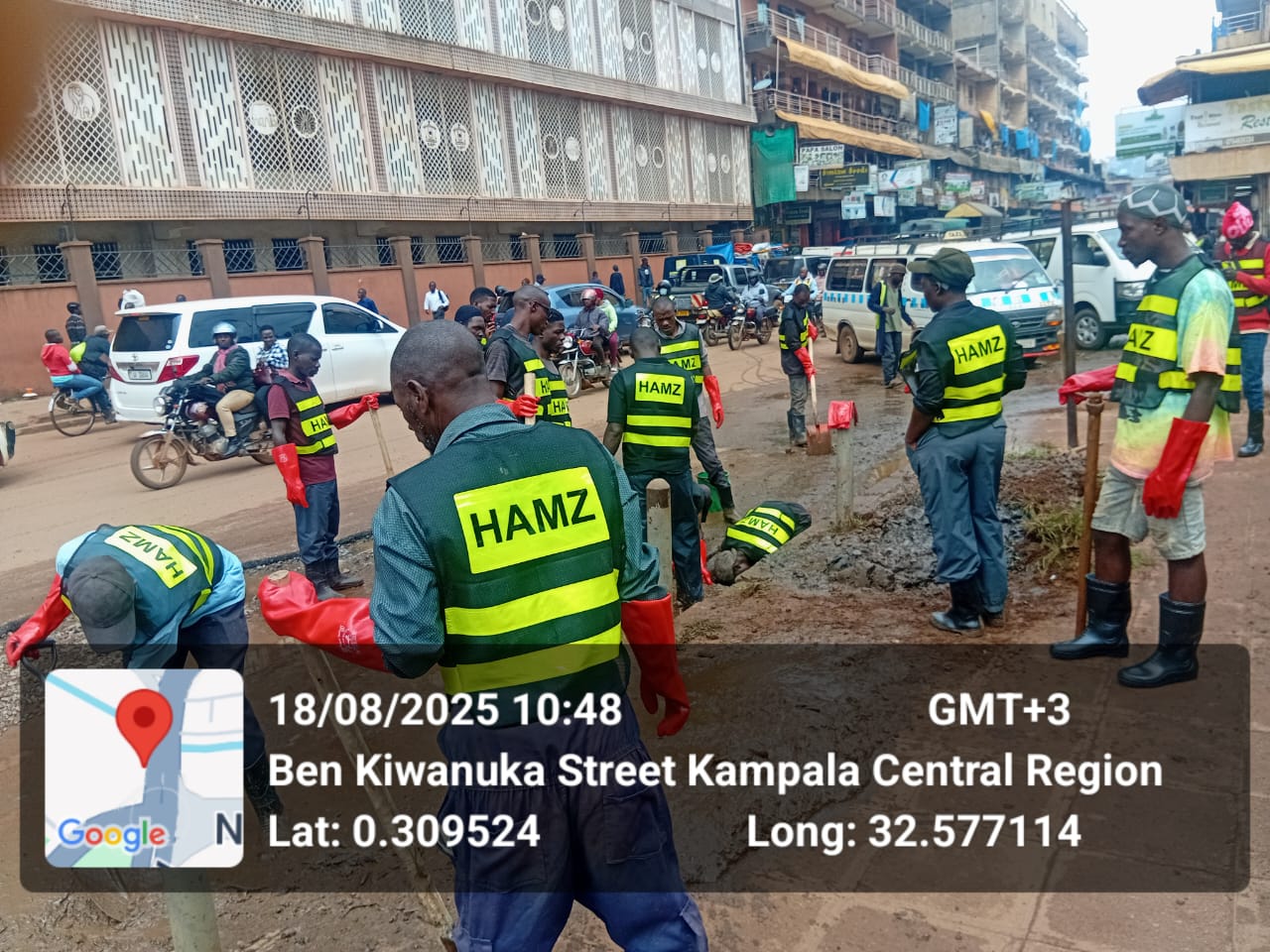Youthquake In NRM: Isaac Rukanda Shakes Up Race For Western Uganda Vice Chair
A fresh wave of political momentum is sweeping through the National Resistance Movement (NRM) as Isaac Rukanda Akampurira’s bid for the party’s Vice Chairmanship in Western Uganda stirs both enthusiasm and unease. The 33-year-old mobilizer, long known for his grassroots activism and bold reformist stance, has officially entered the race, energizing a youth-driven base that sees his candidacy as a long-overdue disruption to the status quo.
On Monday, Isaac arrived at the NRM Electoral Commission offices in Kampala to pick up his nomination forms, signaling his formal entry into the contest. In a brief but pointed statement, he described his campaign as more than a political move—it was, in his words, “a continuation of the struggle for internal democracy, grassroots empowerment, and generational leadership.” His declaration was met with loud approval from dozens of youth mobilizers who had gathered outside the party offices in support, some waving placards that read “Our Time Is Now” and “Youth With Rukanda.”
His entry into the race has sent ripples through the party’s upper ranks, where several long-serving officials are reportedly alarmed by the breadth and intensity of his support. Senior figures who have traditionally enjoyed unchallenged dominance in the Western region are now facing the prospect of a real contest—perhaps for the first time in decades. One source close to the party’s central executive committee confided that emergency consultations were underway to assess the potential impact of Isaac’s campaign and to “re-calibrate” the party’s internal election dynamics in response.
For many within the NRM, Isaac represents both a threat and an opportunity. A threat to those who have grown comfortable in their positions, and an opportunity for a broader reinvigoration of party structures that have remained stagnant for years. His track record supports his reformist image. In late 2024, Isaac made national headlines when he called out the party’s failure to conduct internal elections since 2016—a constitutional oversight that had gone largely unchallenged until then. The move earned him praise from younger members and civil society watchdogs, who commended his insistence on democratic accountability within the party.
More controversially, he authored a letter to President Yoweri Kaguta Museveni urging against the expulsion of rebel MPs and independently minded candidates. Rather than exclusion, he argued for engagement and reconciliation, a position that sparked debate but resonated with many rank-and-file members disillusioned by punitive approaches to internal dissent.
His influence extends beyond politics. Known for championing youth welfare causes, Isaac has led numerous campaigns across Western Uganda focused on combatting drug abuse, teenage pregnancy, and HIV/AIDS. He’s also spearheaded local economic empowerment programs, particularly those targeting young people struggling with unemployment and limited access to vocational training. These efforts have elevated his standing not only as a political aspirant but as a community builder with a tangible record of service.
Party insiders say the timing of his candidacy could not be more critical. With internal elections looming and growing demand for generational leadership within the NRM, Isaac’s campaign may be the catalyst for long-awaited structural reform. “He’s shaking the table,” said one youth delegate from Mbarara. “People are tired of recycled promises. Rukanda speaks for those of us who’ve never had a seat at the table.”
As the campaign unfolds, the road ahead promises to be both contentious and consequential. The coming weeks will test Isaac’s ability to translate popular support into delegate votes, and equally, they will reveal how ready the NRM establishment is to embrace change from within. Whether Isaac wins the seat or not, the political discourse he has ignited—about transparency, inclusion, and youth empowerment—is already echoing far beyond the borders of Western Uganda. For a party long criticized for its internal rigidity, that shift alone may prove to be a turning point.










